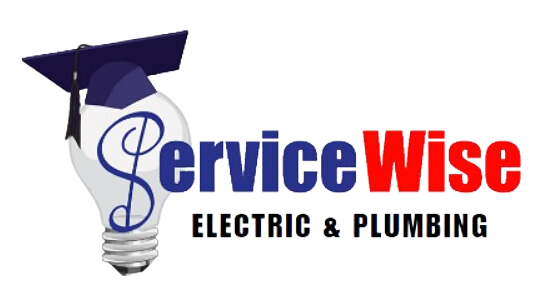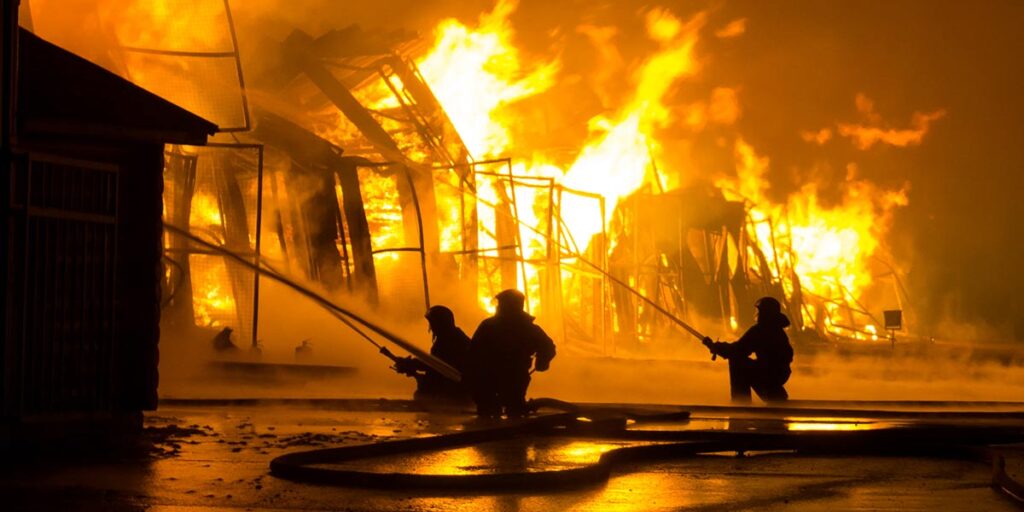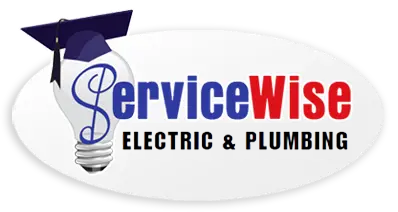When to Book a Home Safety Inspection for Your Georgia Home
How safe is your Georgia home? Electrical issues can be dangerous, yet they can go undetected until it’s too late. Learn if you need a home safety inspection.
Are you a home or business owner? Are you curious to know how safe the electrical system is within your place of residence?
An operational electrical system is required to power your Georgia home. Any kind of electrically powered spadework must live up to both national and local standards of safety.
For this reason, as it pertains to a home safety inspection, Georgia is a state with lofty guidelines.
However, many homeowners tend to put this important home inspection on the back burner — leaving it out of sight and out of mind until a serious issue occurs. Don’t let that be you.
In this article, we will be going over the necessity of a home electrical safety inspection, as well as if your home needs one or not.
What is an Electrical Safety Inspection?
Similar to how a plumber comes to your home to ensure your pipes are in working order, an electrician will visit your home to make certain your wires and electrical devices are copacetic. A thorough and detailed rundown of your whole home will be conducted.
With an electrical safety inspection, your home or business is closely examined for any electrical hazards such as faulty wiring, ground faults, overloaded outlets, unsound appliances or cords, etc.
Here are a few other elements that are taken into consideration:
The Scope of the Circuit Breaker
As the electrician conducts the inspection, one of the main things he or she will be on the lookout for is the functionality of your circuit breaker. They will ensure it’s operating correctly and is not in danger of overloading.
A properly maintained circuit breaker will have currents flowing at secure levels. Furthermore, there should be no water damage, corrosion, or any additional mechanical problems that could potentially start a blaze if sparks were set off.
Electric Meter
A building safety inspection will eventually make its way to the electric meter. The electrician will make certain that the meter is properly installed and has not incurred any water damage or oxidization.
Outlets: GFI/GFCI
These outlets are typically found in either your bathroom or your kitchen. They sometimes have a red “reset” button, in addition to a black “test” button sandwiched in between the openings of the top and lower outlets.
GFCI (Ground Fault Circuit Interrupter) outlets have a utensil that disconnects the supply of power. This will prevent you from getting an unexpected and unpleasant electrical shock from your devices and appliances.
The electrician conducting your home electrical safety inspection will ensure that the GFCI outlets are fully operational with the correct wiring.
Damaged Cords and Wires
In this portion of the inspection, the electrician will perform a detailed search in every nook and cranny of your home to find any gathering of cords and wires. He’ll then examine them for any wear and tear or depreciation.
He’ll also clear up the space, ensuring no wires are exposed and left hanging on walls or from the ceiling.
The Importance of an Electrical Safety Inspection
Some people get an inspection to ensure their home or business is up to code for governmental standards and regulations. This is, of course, always a good idea.
However, equally important, you’ll also want an inspection to ensure that you avoid any potential disasters that can present themselves as a result of your neglect.
Here is a list of incidents that may occur if a home inspection is not conducted:
Fire
Electrical and heating equipment, inadequate and poor wiring, etc — if left unattended — have the potential to cause a house fire. In fact, these things are among the top 10 culprits of homes going up in flames.
While the inspection is taking place, your electrician will search the premises, looking for any wires, cords, or equipment that may be a fire hazard.
Electrical Shock
Your appliances also have the capacity to be dangerous. Similar to house fires, electric shocks can occur due to poor wiring as well.
For this reason, the electrician will make sure to monitor this too.
Power Surge
If an electrical or power surge takes place, it can be quite a costly event. This is due to the fact that they can cause short circuits throughout your entire home, resulting in ruined electronics and appliances (if they were plugged into an outlet).
If there happen to be any problems with your wiring, your home may be at risk for a power surge. And that is why a good electrician should have this at the forefront of his mind during the inspection.
For all of these reasons and more, it’s paramount that your home gets checked out by a professional sooner rather than later.
How to Know When Your Home Needs an Inspection
Even though everything may seem fine in your home, it’s still important to have inspections every so often. There are many things that go unnoticed to the average person that a professional can easily point out.
And this could save your time, your money, and possibly even your life. According to the National Fire Protection Association (NFPA), house fires were responsible for more than 2600 deaths within a 5 year period.
With this in mind, it’s a good idea to ensure your home is up to code in this regard. Here are a few things that should raise a red flag in your mind and prompt you to get an electrical safety inspection:
Fluttering Lights
If your lights are constantly flickering, this could be a sign that your lights are connected to the same circuit as your appliances. If this happens to be the case, it would be a wise choice to get in contact with an expert who can diagnose the situation.
Have an electrician test out both the appliance as well as the circuit. It’s possible that it may be an easy fix and the electrician can simply move the lighting to a separate circuit.
Odd Smell
Some smells are the result of innocuous things that that aren’t a big deal. For example, if your appliance is new, the smell may just be some oil or even some duct that happens to be burning off.
These smells will usually disappear as quickly as they came.
However, if the strange odor persists, then you may have a bigger ordeal on your hands. If you notice the smell is coming from an electrical outlet, stop using that source of power and immediately contact an electrician.
Heat Coming From Sockets or Switches
If you notice heat is being produced from the switches or sockets, this is cause for concern. Be on the lookout for any other “hot spots” to ensure nothing else is overheating.
A decent amount of warmth emitted is normal and expected. But if it’s searing heat, stop using that outlet and call a professional to get it examined.
Unusual Noises
Under normal circumstances, no electrical circuit should be creating noise. It’s not a typical or common occurrence to have any buzzing or vibrating sounds emanating from a circuit.
Oftentimes this is the result of poor appliances, inadequate wiring, or even insecure connections. Whatever the case may be, don’t leave this problem left unchecked.
Incorrect Sockets
Not every outlet is created equal. Kitchens and bathrooms require different kinds of outlets due to the water supplies they have relative to other rooms.
This is because — as any grade four teacher will tell you — water is a great conductor of electricity. So in these water-supplied rooms, the outlets that are needed will have to be the GFCI’s (Ground Fault Circuit Interrupters).
Sparks
Probably the most obvious sign that you need an inspection ASAP is the sight of sparks. These are incredibly dangerous fire hazards as they can easily be spread to any flammable objects nearby.
Whether the sparks are coming from an appliance, an outlet, or some other electrical system, stop using it and call an electrician to have it inspected.
Cords
Extension cords provide a convenient way to supplement a lack of outlets. However, this is not a viable long-term solution.
Too many extension cords can cause trips and falls, and can otherwise go from a convenience to a nuisance.
If this happens to be the case, it may be a good time to consult an electrician to see if any additional outlets can be installed.
Home Safety Inspection, Georgia Rules and Regulations
Every state has its own policies and laws regarding a permissible fire examination. And being up to code is essential in order to make the grade.
And when it comes to a home safety inspection, Georgia is a state that prides itself on the protection and wellbeing of every home and business owner.
If you’d like to learn more about the qualifications of ServiceWise Trouble Shooting skills, or have any questions, don’t hesitate to get in touch with us today.


